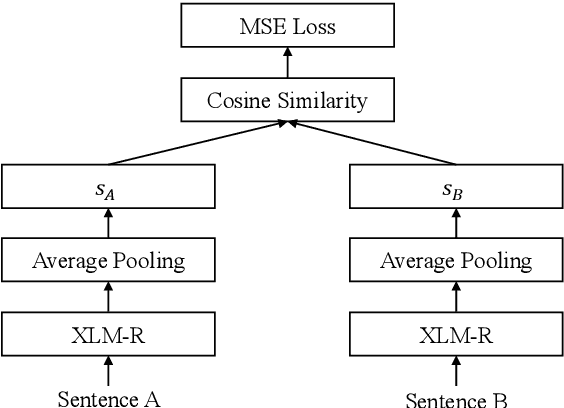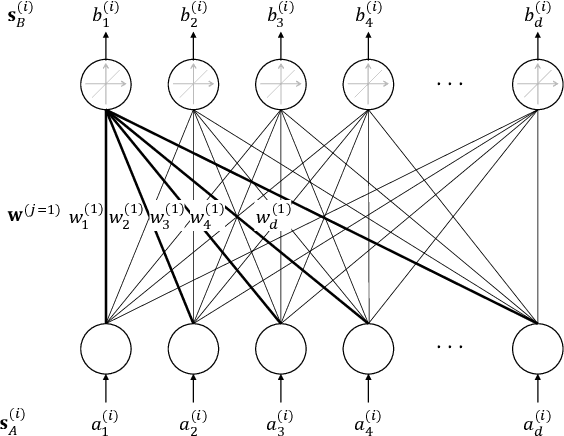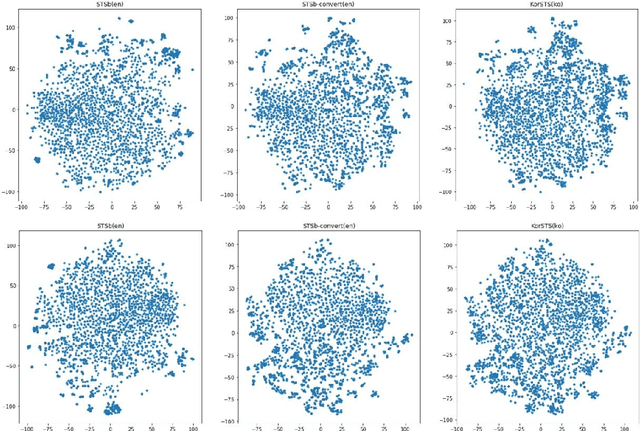Analyzing Zero-shot Cross-lingual Transfer in Supervised NLP Tasks
Paper and Code
Jan 26, 2021



In zero-shot cross-lingual transfer, a supervised NLP task trained on a corpus in one language is directly applicable to another language without any additional training. A source of cross-lingual transfer can be as straightforward as lexical overlap between languages (e.g., use of the same scripts, shared subwords) that naturally forces text embeddings to occupy a similar representation space. Recently introduced cross-lingual language model (XLM) pretraining brings out neural parameter sharing in Transformer-style networks as the most important factor for the transfer. In this paper, we aim to validate the hypothetically strong cross-lingual transfer properties induced by XLM pretraining. Particularly, we take XLM-RoBERTa (XLMR) in our experiments that extend semantic textual similarity (STS), SQuAD and KorQuAD for machine reading comprehension, sentiment analysis, and alignment of sentence embeddings under various cross-lingual settings. Our results indicate that the presence of cross-lingual transfer is most pronounced in STS, sentiment analysis the next, and MRC the last. That is, the complexity of a downstream task softens the degree of crosslingual transfer. All of our results are empirically observed and measured, and we make our code and data publicly available.
 Add to Chrome
Add to Chrome Add to Firefox
Add to Firefox Add to Edge
Add to Edge